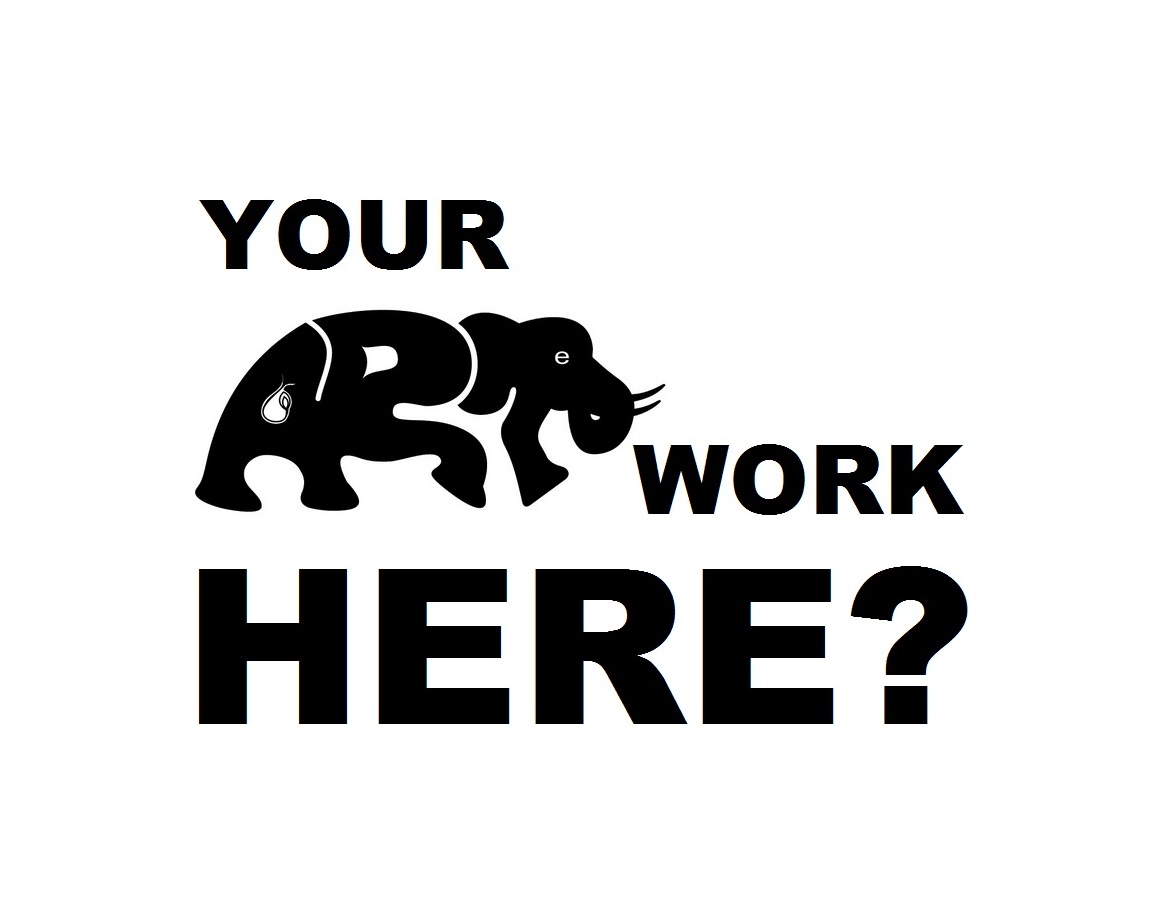Discover The World's Greatest
Undervalued Original Art

FEATURED ARTISTS





200526082956.jpg)



The category covers 19th / Early 20th Century International art from about 1825 (peak Realism) through 1905 (the beginning of Fauvism).
At the beginning of the first half of the 19th century, France was at the epicenter of artistic activity in the world and artists there were beginning to look for new ways to portray the everchanging environs around them. Romanticism, the prevailing movement at the time, with its “exaggerated” dramatic pictures would eventually give way to Realism and Impressionism. The Barbizon School of painters (1830-1870), named for the town of Barbizon in the south of Paris where its organizers first gathered, were part of an art movement attempting to develop a style of Realism that captured the fleeting qualities of the natural world around them. Realism sparked controversy because it was critical of the social values and elitist attitude that came along with the industrial revolution and the accompanying rapid expansion of wage growth at the expense of the working class. Even though Romanticism played a “pioneering” role in the development of modern art, Realism is often considered to be the major catalyst of the modern art movement in Europe due to its incorporating “modern life and art together.”
One of the leading fine art markets today - the term impressionism (first used mockingly) is said to have been inspired by a painting created by one of the movements founders, Claud Monet. Early French Impressionism found its start in the late 1800’s in France – where a “radical” group of artists, including Claude Monet, Edgar Degas, Pierre-Auguste Renoir, Camille Pissarro and others first showed their work. The first Impressionist exhibition opened on the 15th of April in 1874 and would forever alter the course of art history.
Notable contemporaneous movements like Vienna Secessionism (formed in 1897) found its members “seceding” from the traditional art movements and embracing the progressive styles of the various reactionary modern art movements of the era. Gustav Klimt, a leading member of the group favored the ornate Art Nouveau style that was a reaction against the prevailing academic art styles of the time.
Movements and Genres associated with19th / Early 20th Century International art include Romanticism, Realism, the Barbizon School, the Munich School, Pre-Raphaelites, Nabis, Art Nouveau, Art Deco, Secessionism, Pictorialism, Arts and Crafts, Symbolism, Impressionism, Pointillism and Post-Impressionism.
Major participants include John Constable, Jean-Baptiste-Camille Corot, Gustave Courbet, Théodore Rousseau, Jean-François Millet, Charles-François Daubigny, Jules Dupré, Constant Troyon, Gustav Klimt, Édouard Manet, Vincent van Gogh, Paul Gauguin, Paul Cézanne Claude Monet, Pierre-Auguste Renoir, Georges Seurat, Paul Signac, Henri Rousseau Pierre Bonnard, Édouard Vuillard, and Alfred Sisley.